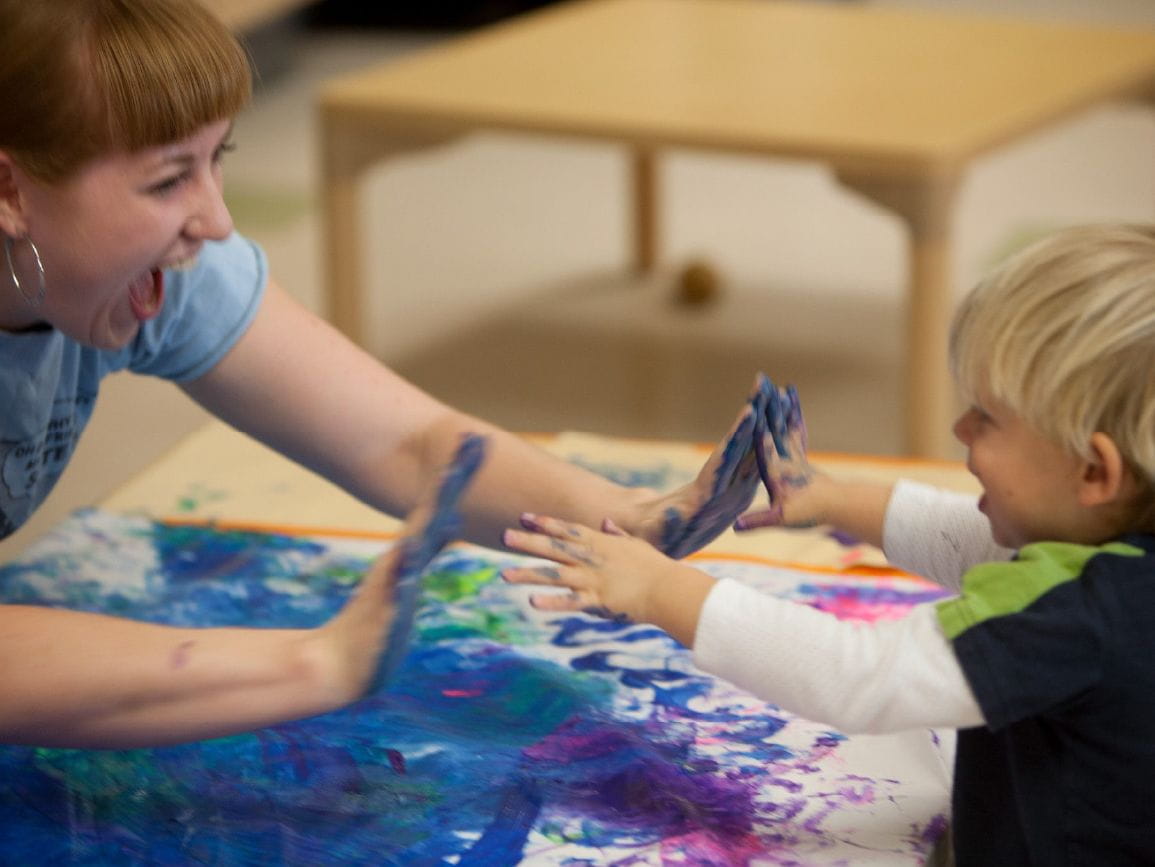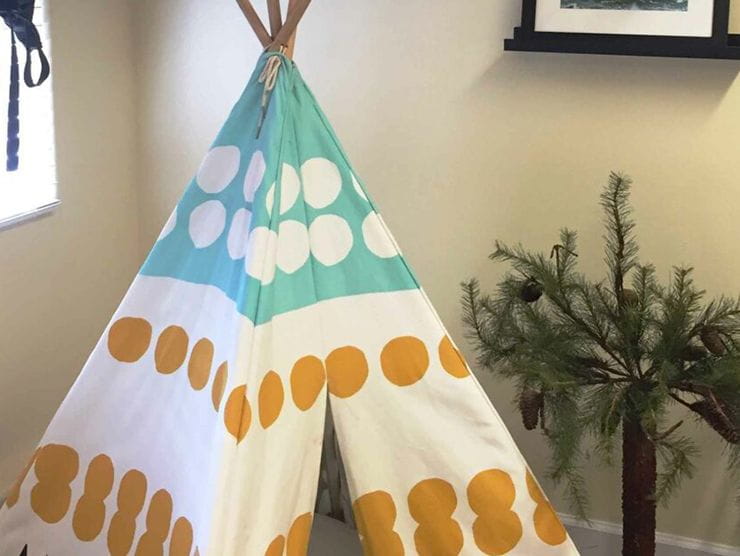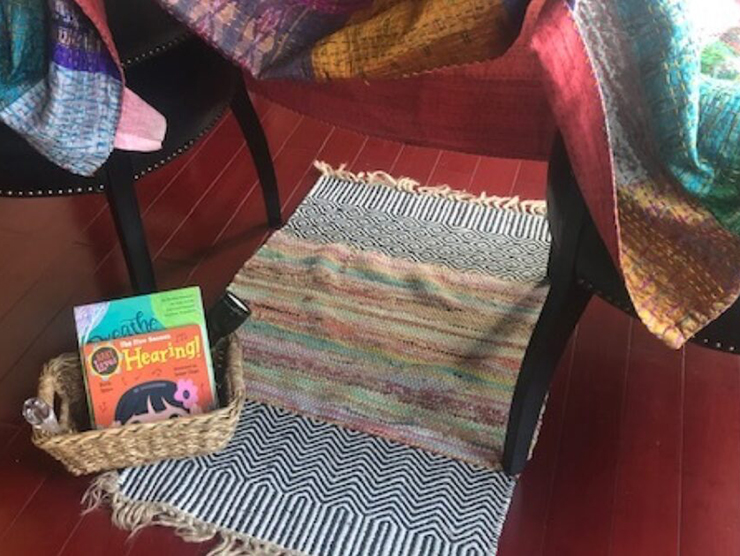Finding child care we can trust can be one of the most important decisions that we make as parents. Finding the right program for a child with developmental delays or special needs is even more intimidating.
Will staff understand my childs needs? Will the other children treat my child kindly? Will my child be safe? Will my child be happy? Most parents worry about these issues, but a special need or developmental delay diagnosis adds another layer of concern.
However, the benefits of a high-quality child care program for your child are worth the extra effort. When children participate in an early childhood program, they make friends and gain new skills. They develop trusting relationships with teachers and they overcome challenges. Parents often express relief and comfort in having the support of teaching staff. They find joy in watching their childrens successes.
How To Choose a Child Care for Children with Special Needs
As you search for child care, look for a program with an inclusive approach. Every child care or daycare center is different, but the best programs demonstrate an attitude of openness and acceptance. Some understanding and experience with special needs is desirable, but a willingness to learn is perhaps a greater consideration.
Below are a few tips that may help as you look for child care to support children with developmental delays:
- Ask for referrals. One of the best ways to find high-quality child care is through the experiences of others. Ask friends, family members, pediatricians, or support group members for referrals.
- Take a tour. Talk with the director and teachers. How open is staff to serving children with special needs? Are teachers willing to learn new skills? Can your childs therapists or specialists come to the school? What is the teacher to child ratio? How does the center "feel"? A center that strives to foster a warm, comfortable learning environment for all children will probably be a good fit for your family. Trust your intuition.
- Consult local organizations. State and local agencies, hospitals, universities, and school districts can offer a wealth of information. Some agencies offer referral services. Others offer training programs for child care staff. These trainings often cover a wide variety of topics, such as how to use a feeding tube, provide positive discipline and guidance, or promote language development. Some universities and school districts offer inclusive programs specifically tailored to support children with special needs or developmental delays. Staff may include regular classroom teachers, as well as occupational therapists, physical therapists, or speech and language therapists.
Support Children with Development Delays in Partnership with Teachers
Once youve found a child care program that you trust, how can you be sure that your childs needs will be met? You are your childs most loyal advocate. You know her better than anyone else, and you will play a critical role in her educational success. From day one, its important to develop a partnership with your childs teachers or child care providers.
Read on for some ideas to create a support network for your child with special needs:
- Provide written documentation. Jot a few notes down for the staff about your childs needs, interests, strengths, and learning style. These written notes help teachers see your child as you see him. They can be shared among teachers to ensure consistent care.
- Establish a pattern for receiving communication. You may need to communicate frequently with your childs teacher, especially in the beginning. Ask the teacher about the best ways to communicate with her.
- Be proactive. If a teacher expresses a concern, try not to become defensive. Instead, offer suggestions or work together to find more information. If your child has an education plan developed by an Early Intervention Team or your school district, share it with staff. This plan contains specific goals to guide your childs learning experience.
As parents, we want the best for our children. We want safe environments where children are appreciated for their strengths and encouraged to grow. We want a program that values all children. Although each preschool or daycare centers circumstances are different, you and your child deserve a child care center that practices inclusive programming for children with special needs or developmental delays.
- What do you do if your child doesnt hit the expected developmental milestones? Here are tips for how you can respond to suspected child development delays.
- Choosing a summer camp is a challenge and even more so when your child has developmental delays. How do you choose a summer camp for children with special needs?
- Worried about the adjustments that come with starting child care? View our guide to help you with your child care search & prepare your family for the change.
- How do you find the right preschool for a child with high-functioning autism? Our community parents share advice and support.
- One of our bloggers shares the benefits of music therapy for children with special needs.





